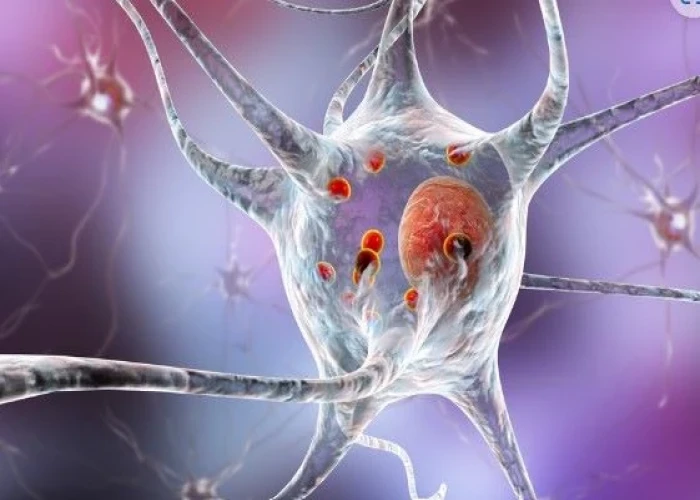 Welcome
Welcome
“May all be happy, may all be healed, may all be at peace and may no one ever suffer."
Lewy body dementia
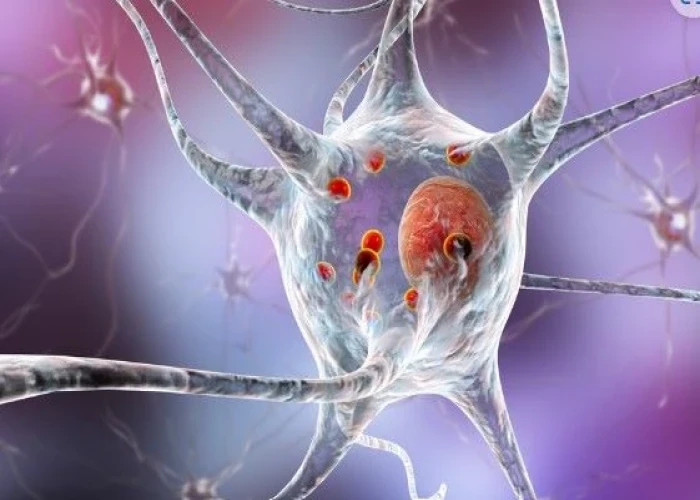
Lewy body dementia (LBD) is a progressive neurological disorder that affects both cognitive function and movement. It is caused by the accumulation of abnormal proteins, called Lewy bodies, in the brain. LBD is the second most common type of dementia, after Alzheimer's disease.
Symptoms of LBD can include difficulty with attention and alertness, visual hallucinations, fluctuating levels of cognitive function, tremors or other movement disorders, sleep disorders, and changes in mood and behavior. The symptoms can vary widely from person to person and can be similar to those of other types of dementia and movement disorders, making diagnosis challenging.
There are two subtypes of LBD: dementia with Lewy bodies (DLB) and Parkinson's disease dementia (PDD). DLB typically presents with cognitive symptoms before or at the same time as movement symptoms, while PDD usually begins with movement symptoms that later progress to cognitive impairment.
There is no cure for LBD, but medications can be used to manage the symptoms. These may include drugs to help with movement disorders, antidepressants, and medications to manage hallucinations and other psychiatric symptoms. Supportive therapies, such as physical therapy and speech therapy, can also be helpful.
Overall, the prognosis for LBD varies depending on the subtype, the age of onset, and the progression of the disease. LBD is a progressive disorder, and most people with the condition will eventually require full-time care.
Research Papers
Disease Signs and Symptoms
- Confusion (Hallucinations)
- High blood pressure (hypertension)
- Memory loss
- Trouble sleep (insomnia)
- Signs of Parkinson's disease (parkinsonian signs), such as slowed movement, rigid muscles, tremors or a shuffling walk may occur.
- Disease, such as confusion, poor attention, visual-spatial problems and memory loss.
- Experience depression sometime during the course of illness.
Disease Causes
Lewy body dementia
Lewy body dementia is characterized by the abnormal buildup of proteins into masses known as Lewy bodies. This protein is also associated with Parkinson's disease. People who have Lewy bodies in their brains also have the plaques and tangles associated with Alzheimer's disease.
Disease Prevents
Disease Treatments
There's no cure for Lewy body dementia but many of the symptoms can improve with targeted treatments.
Medications
- Cholinesterase inhibitors. These Alzheimer's disease medications, such as rivastigmine (Exelon), donepezil (Aricept) and galantamine (Razadyne), work by increasing the levels of chemical messengers in the brain (neurotransmitters) believed to be important for memory, thought and judgment. This can help improve alertness and cognition and might reduce hallucinations and other behavioral problems.
- Possible side effects include gastrointestinal upset, muscle cramps and frequent urination. It can also increase the risk of certain cardiac arrhythmias.
- In some people with moderate or severe dementia, an N-methyl-d-aspartate (NMDA) receptor antagonist called memantine (Namenda) might be added to the cholinesterase inhibitor.
- Parkinson's disease medications. These medications, such as carbidopa-levodopa (Sinemet, Rytary, Duopa) can help reduce parkinsonian signs and symptoms, such as rigid muscles and slow movement. However, these medications can also increase confusion, hallucinations and delusions.
- Medications to treat other symptoms. Your doctor might prescribe medications to treat other signs and symptoms associated with Lewy body dementia, such as sleep or movement problems.
Certain medications can worsen memory. Try to avoid over-the-counter sleep aids that contain diphenhydramine (Advil PM, Aleve PM) and medications used to treat urinary urgency such as oxybutynin (Ditropan XL).
Also limit sedatives and sleeping tablets, and talk to your doctor about whether any of the drugs you take might make your memory worse.
Antipsychotic drugs can cause severe confusion, severe parkinsonism, sedation and sometimes death. Very rarely, certain second-generation antipsychotics, such as quetiapine (Seroquel) or clozapine (Clozaril, Versacloz) might be prescribed for a short time at a low dose but only if the benefits outweigh the risks.
Therapies
Because antipsychotic drugs can worsen Lewy body dementia symptoms, it might be helpful to first try nondrug approaches, such as:
- Tolerating the behavior. Some people with Lewy body dementia aren't distressed by the hallucinations. In these cases, the side effects of medication might be worse than the hallucinations themselves.
- Modifying the environment. Reducing clutter and noise can make it easier for someone with dementia to function. Caregivers' responses sometimes worsen behavior. Avoid correcting and quizzing a person with dementia. Offer reassurance and validation of his or her concerns.
- Creating daily routines and keeping tasks simple. Break tasks into easier steps and focus on successes, not failures. Structure and routine during the day can be less confusing.
Disease Diagnoses
Disease Allopathic Generics
Disease Ayurvedic Generics
Disease Homeopathic Generics
Disease yoga
Lewy body dementia and Learn More about Diseases
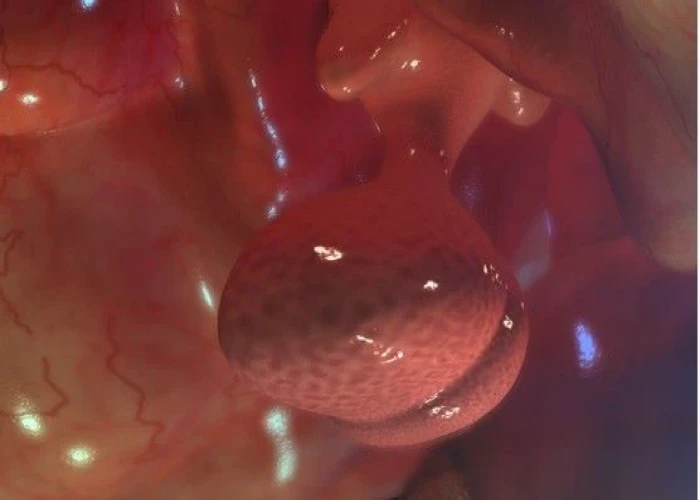
Prolactinoma
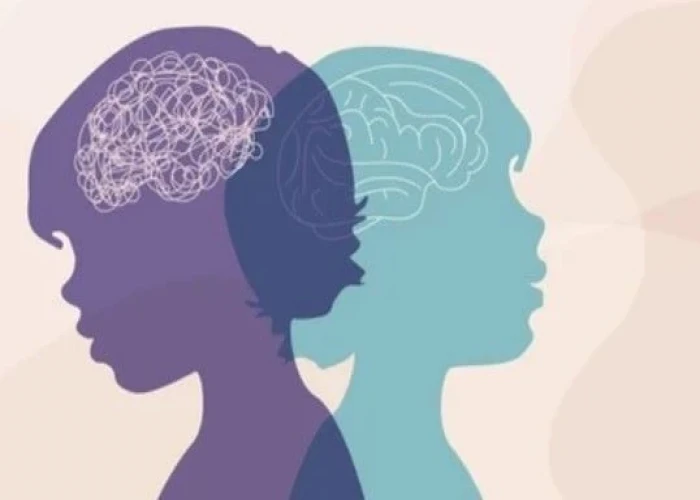
REM sleep behavior disorder
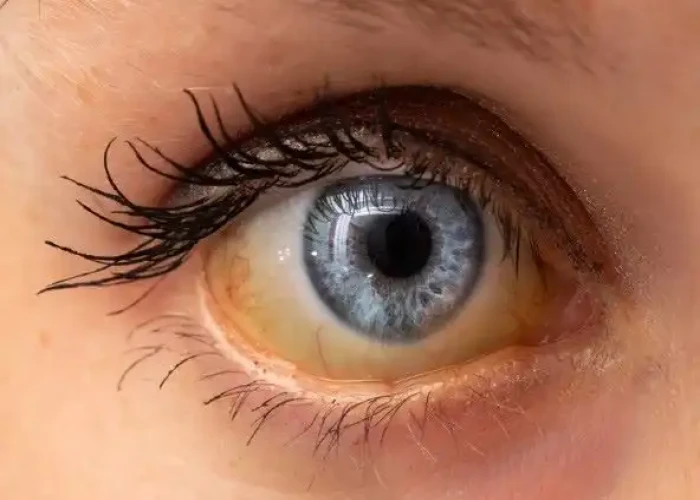
Yellow fever
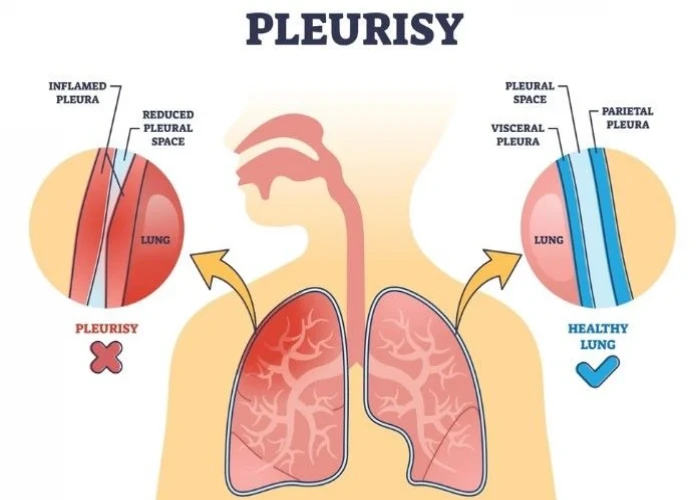
Pleurisy

Menorrhagia (Heavy menstrual bleeding)
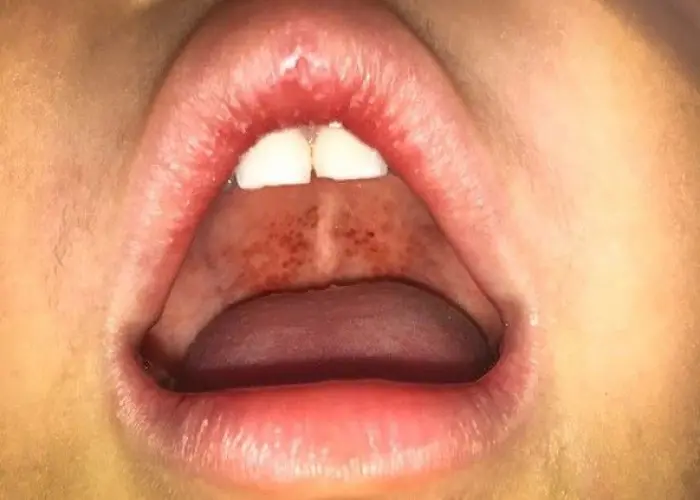
Diphtheria

Mammary duct ectasia

Bunions
lewy body dementia, লুই বডি ডিমেনশিয়া
To be happy, beautiful, healthy, wealthy, hale and long-lived stay with DM3S.
